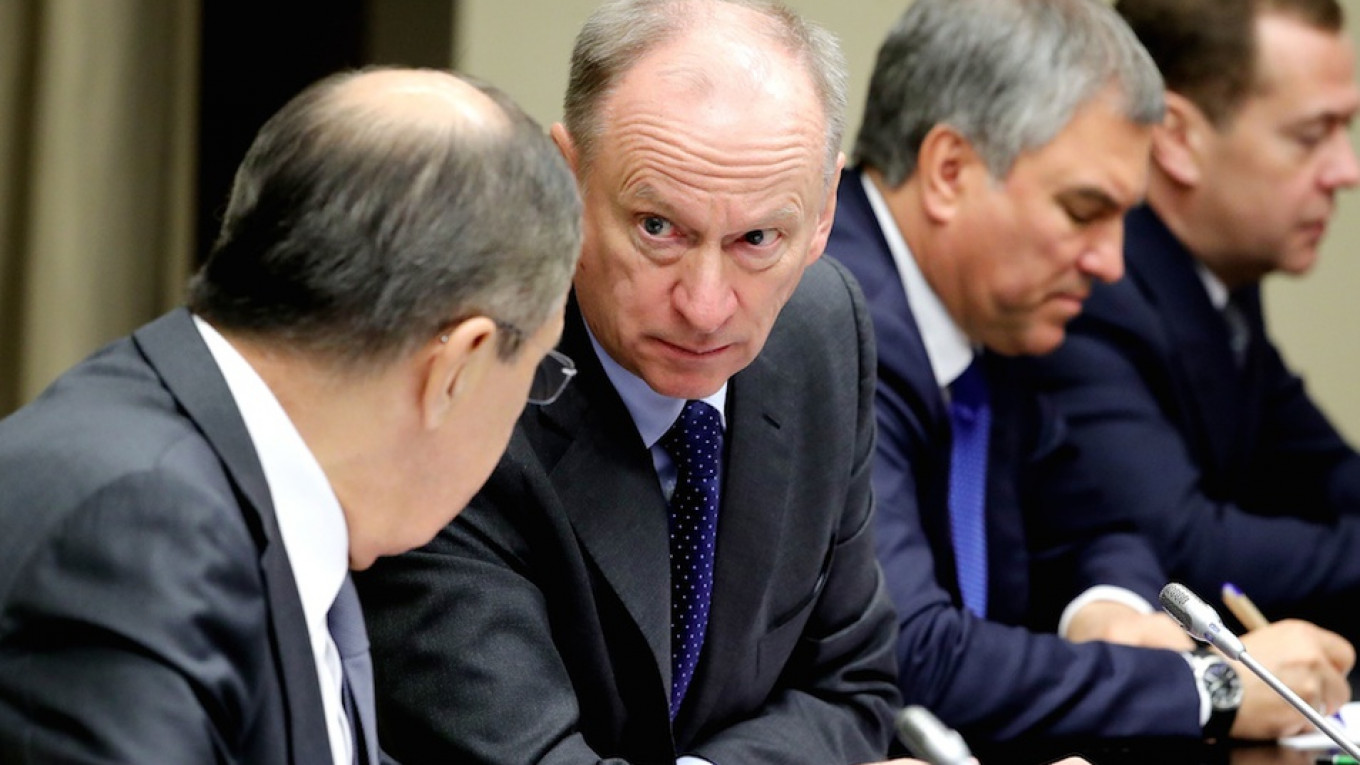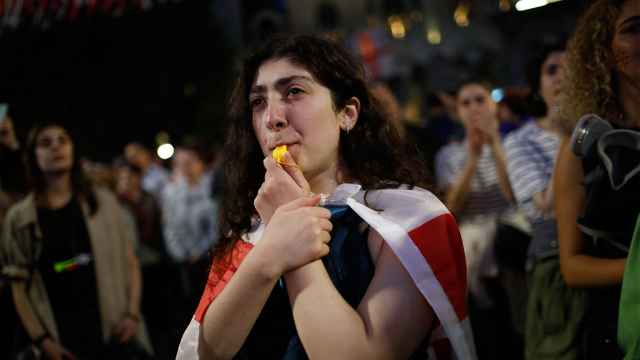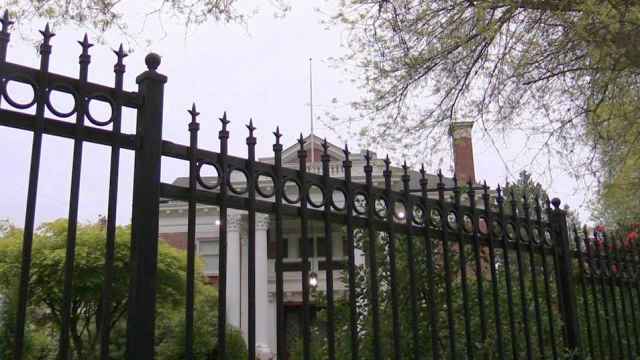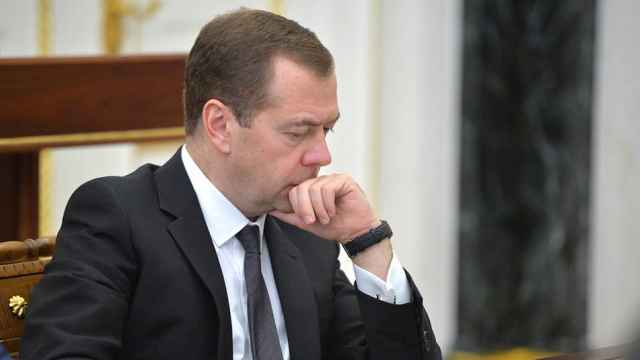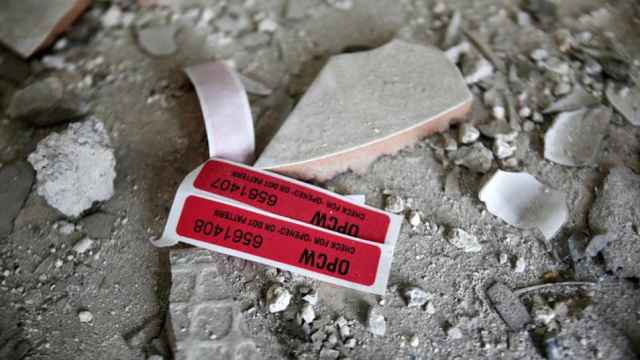Russian Deputy Foreign Minister Sergei Ryabkov said Russia is "very concerned" by the threat and suggested possible chemical attack "provocations" assisted by U.S. spy agencies in Syria as a pretext for new U.S. military action. Russian officials told Bolton about their concerns at the Geneva meeting, Ryabkov said in a phone call Saturday.
“We caution Washington against another military escapade,” Ryabkov said. “When things don’t turn out the way the U.S. and its allies want, then new provocations are prepared.”
President Donald Trump has said before that he’ll punish Assad for any further use of chemical weapons, after ordering two limited strikes in similar circumstances since taking office early last year. But the latest warning is more specific, and it comes on the eve of what may be one of the bloodiest campaigns in Syria’s civil war.
Syrian forces, backed by Russian air power, are deploying around Idlib -- the only remaining area where the rebels, now dominated by jihadists from al-Qaeda and other groups, have a significant presence. They are estimated to number tens of thousands of fighters, many of them evacuated to Idlib under cease-fire arrangements as the Assad-Russia-Iran alliance gradually regained control over other parts of Syria.
In a separate statement Saturday, the Russian defense ministry said that a provocation using chemical weapons in Idlib was being prepared by An-Nusra, which the U.S. has declared a terrorist organization, with the assistance of U.K. special services.
Symbolic Strikes
That advance represented a defeat for the U.S. and its Western and Gulf allies, which have backed rebel groups throughout the seven-year war. They’ve now largely given up on the goal of toppling Assad, and are focusing instead on curbing Iranian influence in Syria. The U.S. still has about 2,000 troops in northeast Syria, allied with Kurdish groups who are seeking autonomy from Damascus.
The U.S.-Russian talks in Geneva also addressed topics including the possible removal of American troops from a military base on the Syria-Iraq border, or their cooperation with Russian forces nearby, according to the people familiar with the talks. No agreement was reached on the conditions under which that could happen, they said. The U.S. also rejected a Russian proposal for oil sanctions on Iran to be suspended as part of a broader settlement in Syria, the people said.
The two previous American attacks on Syria were largely symbolic and did little damage to Assad’s military capacity. In April 2017, U.S. warships in the Mediterranean Sea fired about 60 cruise missiles at a Syrian airbase which had allegedly been used during a chemical attack. A year later, the U.K. and France joined the U.S. in carrying out multiple airstrikes against government sites.
In the latter case, Defense Secretary James Mattis persuaded the president not to authorize a wider attack, two of the people familiar with the talks said. In the event of another chemical incident, Trump will not be dissuaded, they said.
Assad and his ally Russia say that no chemical weapons were used by the Syrian military, and that the incidents were staged by rebel groups to provide a pretext for Western military intervention.
A Message from The Moscow Times:
Dear readers,
We are facing unprecedented challenges. Russia's Prosecutor General's Office has designated The Moscow Times as an "undesirable" organization, criminalizing our work and putting our staff at risk of prosecution. This follows our earlier unjust labeling as a "foreign agent."
These actions are direct attempts to silence independent journalism in Russia. The authorities claim our work "discredits the decisions of the Russian leadership." We see things differently: we strive to provide accurate, unbiased reporting on Russia.
We, the journalists of The Moscow Times, refuse to be silenced. But to continue our work, we need your help.
Your support, no matter how small, makes a world of difference. If you can, please support us monthly starting from just $2. It's quick to set up, and every contribution makes a significant impact.
By supporting The Moscow Times, you're defending open, independent journalism in the face of repression. Thank you for standing with us.
Remind me later.


